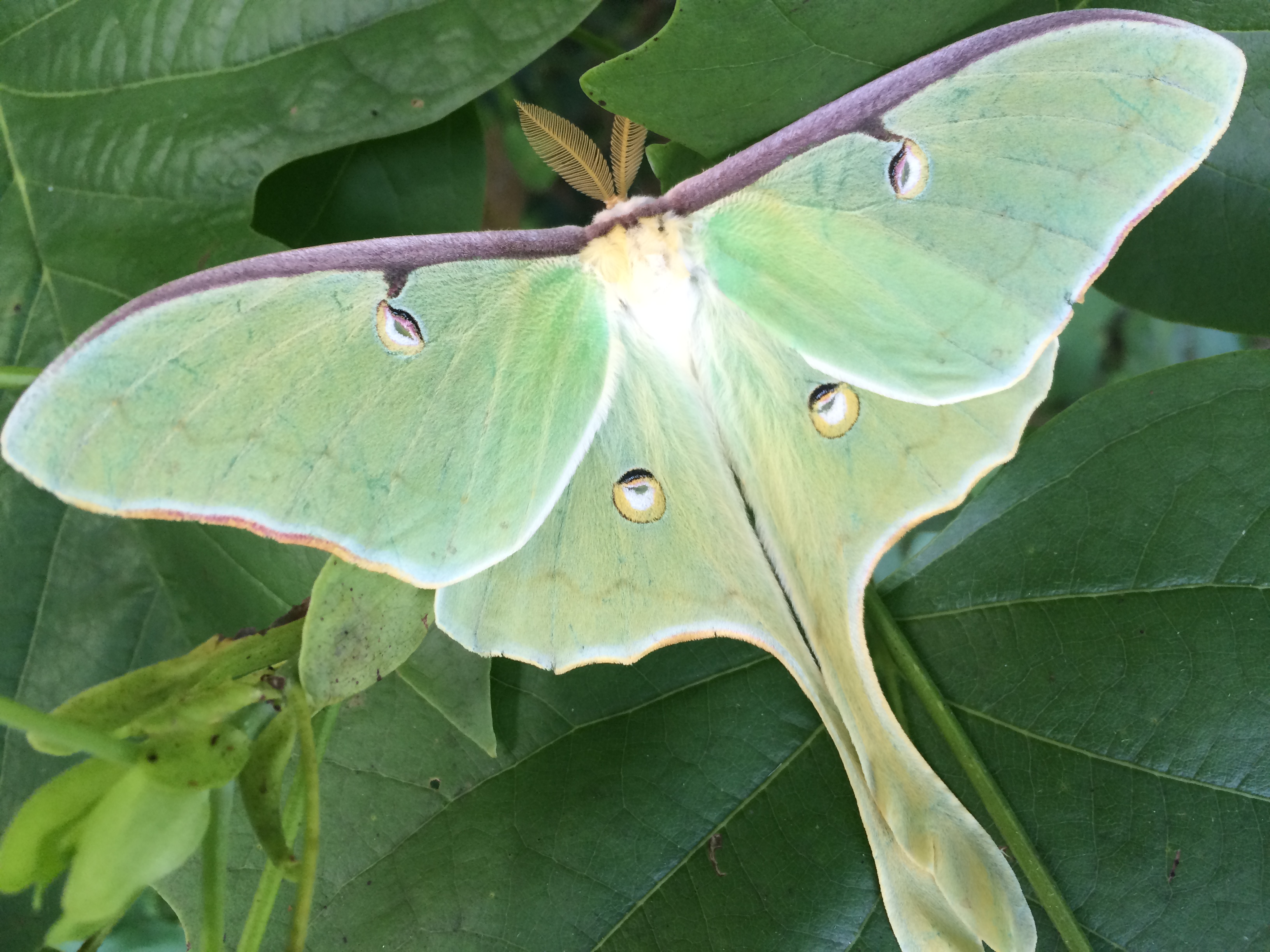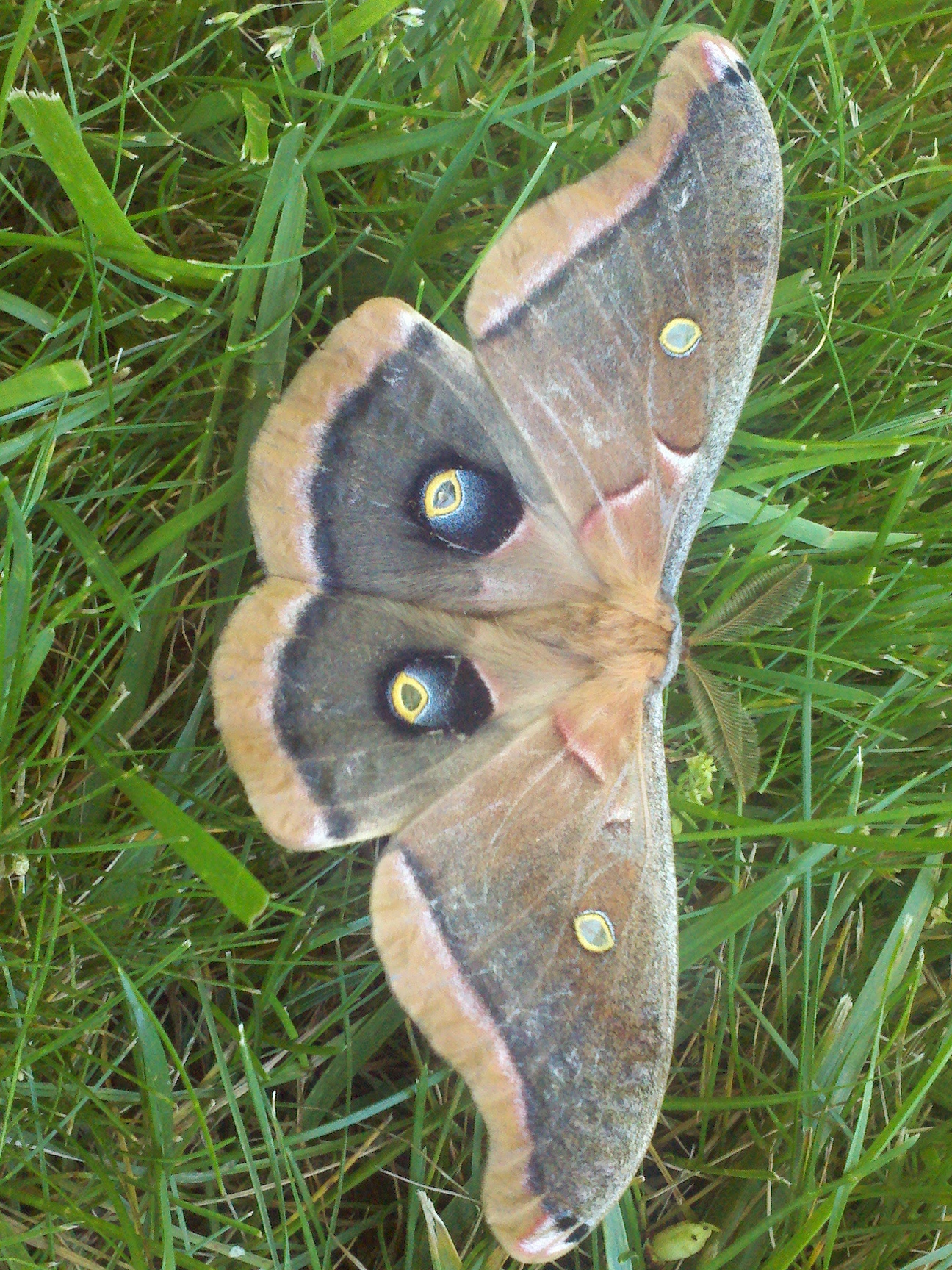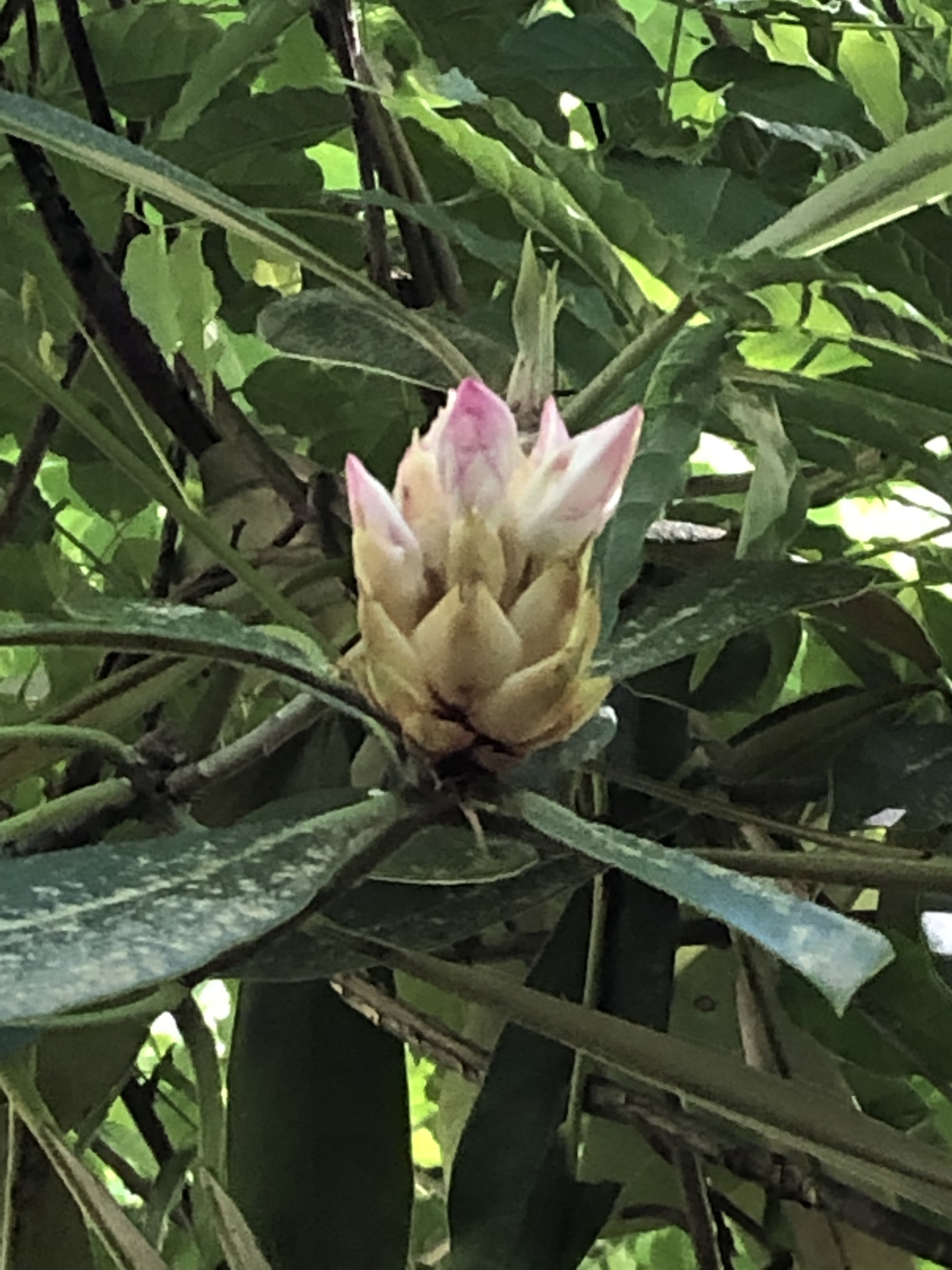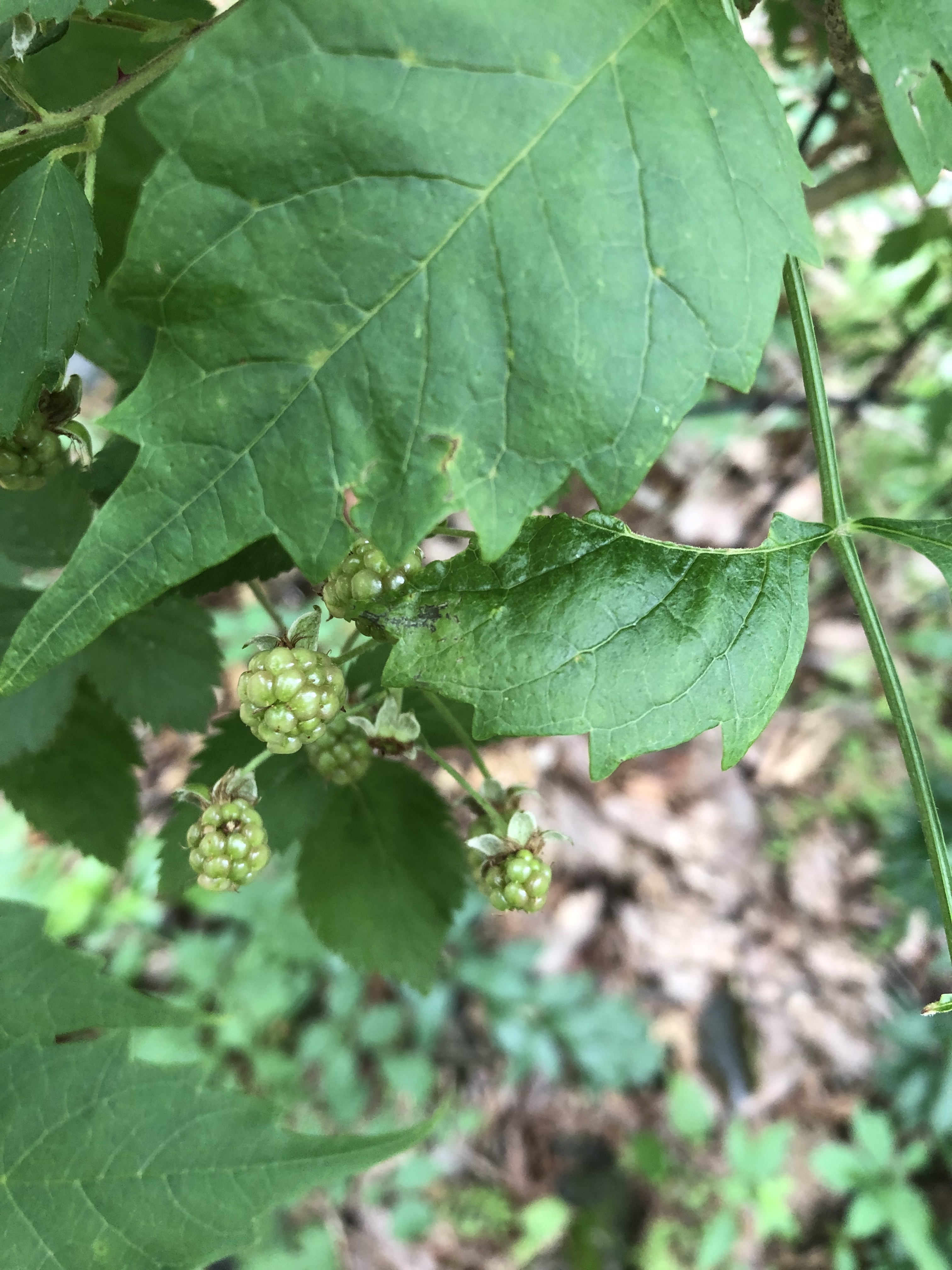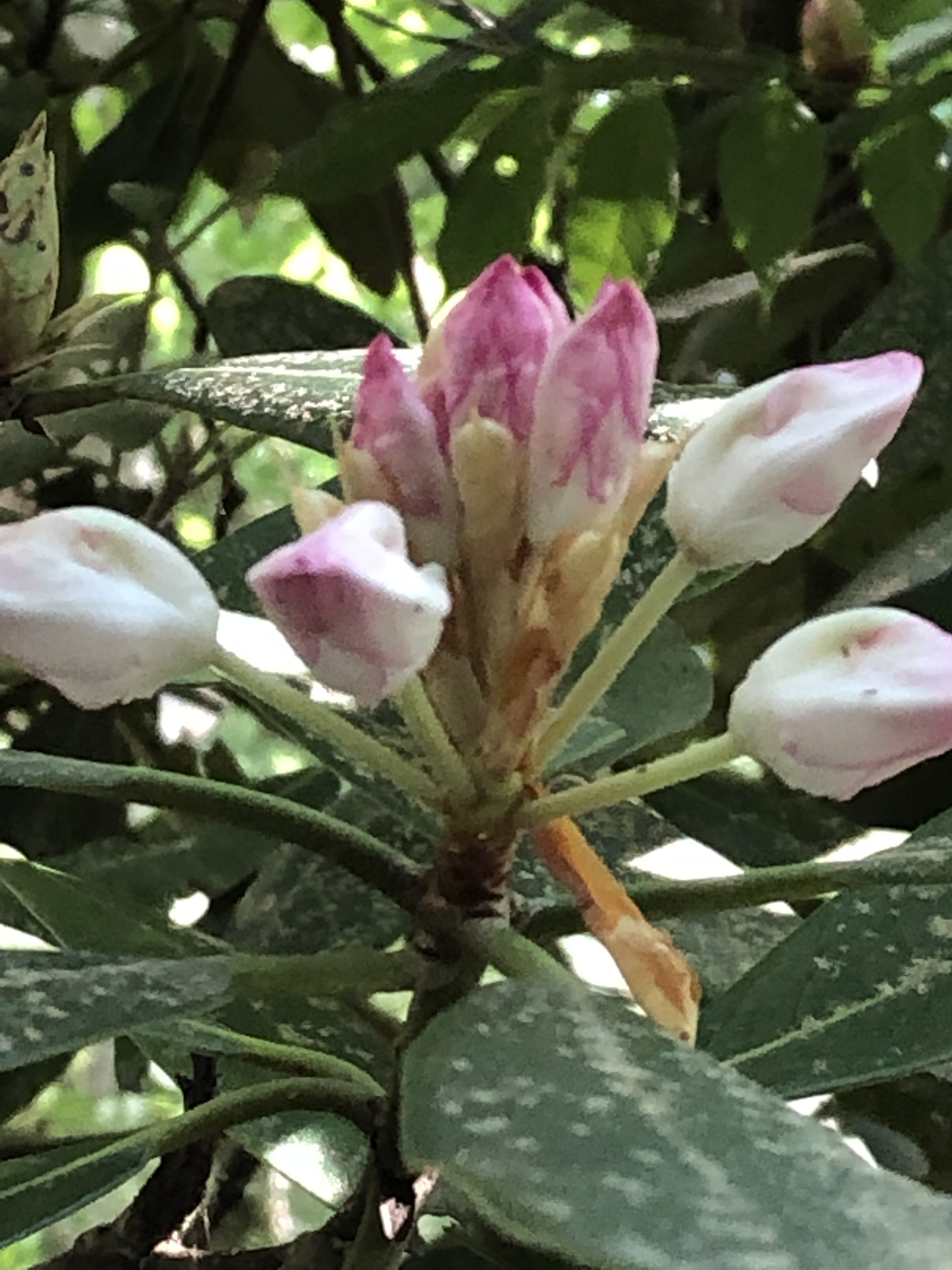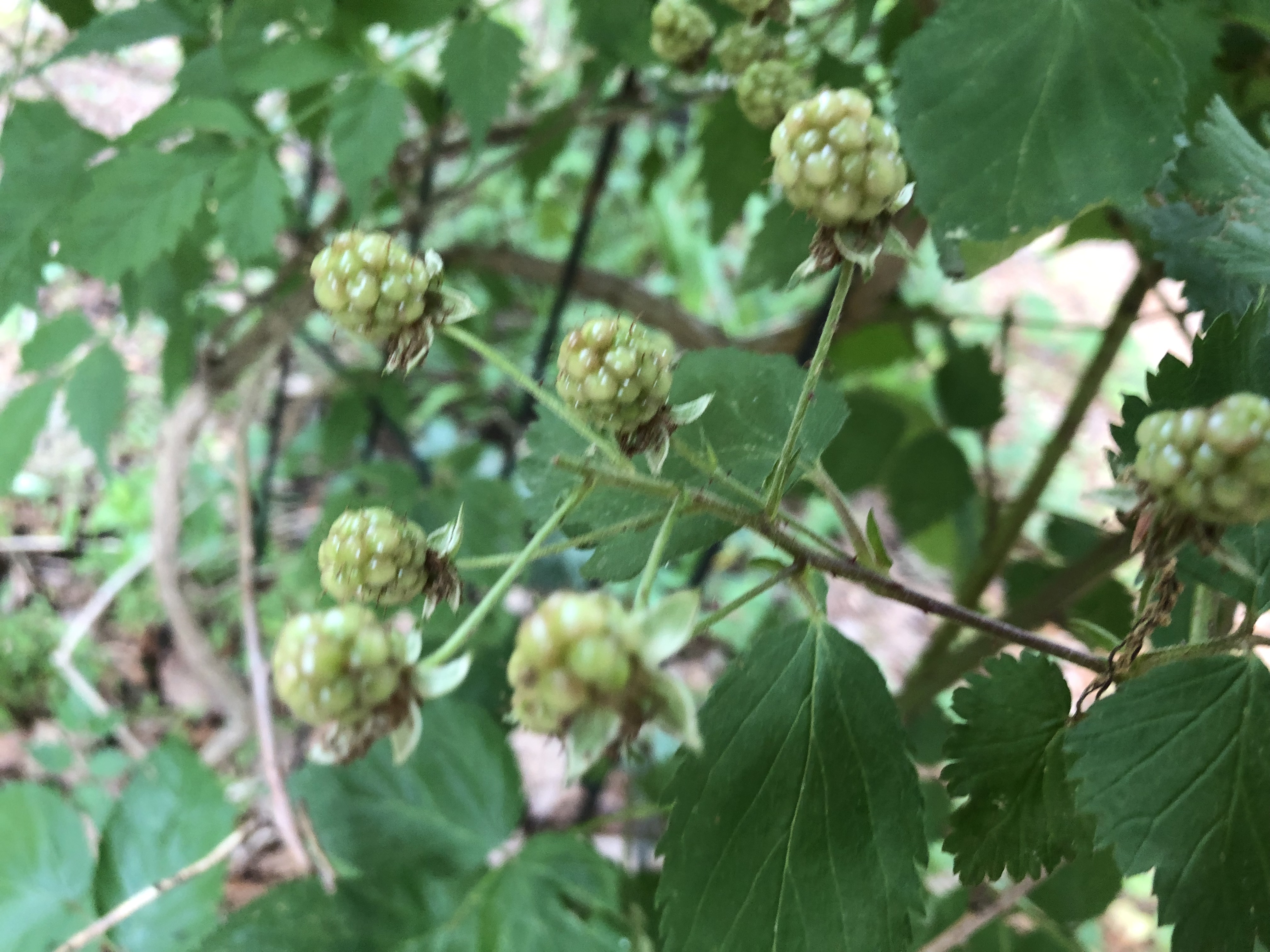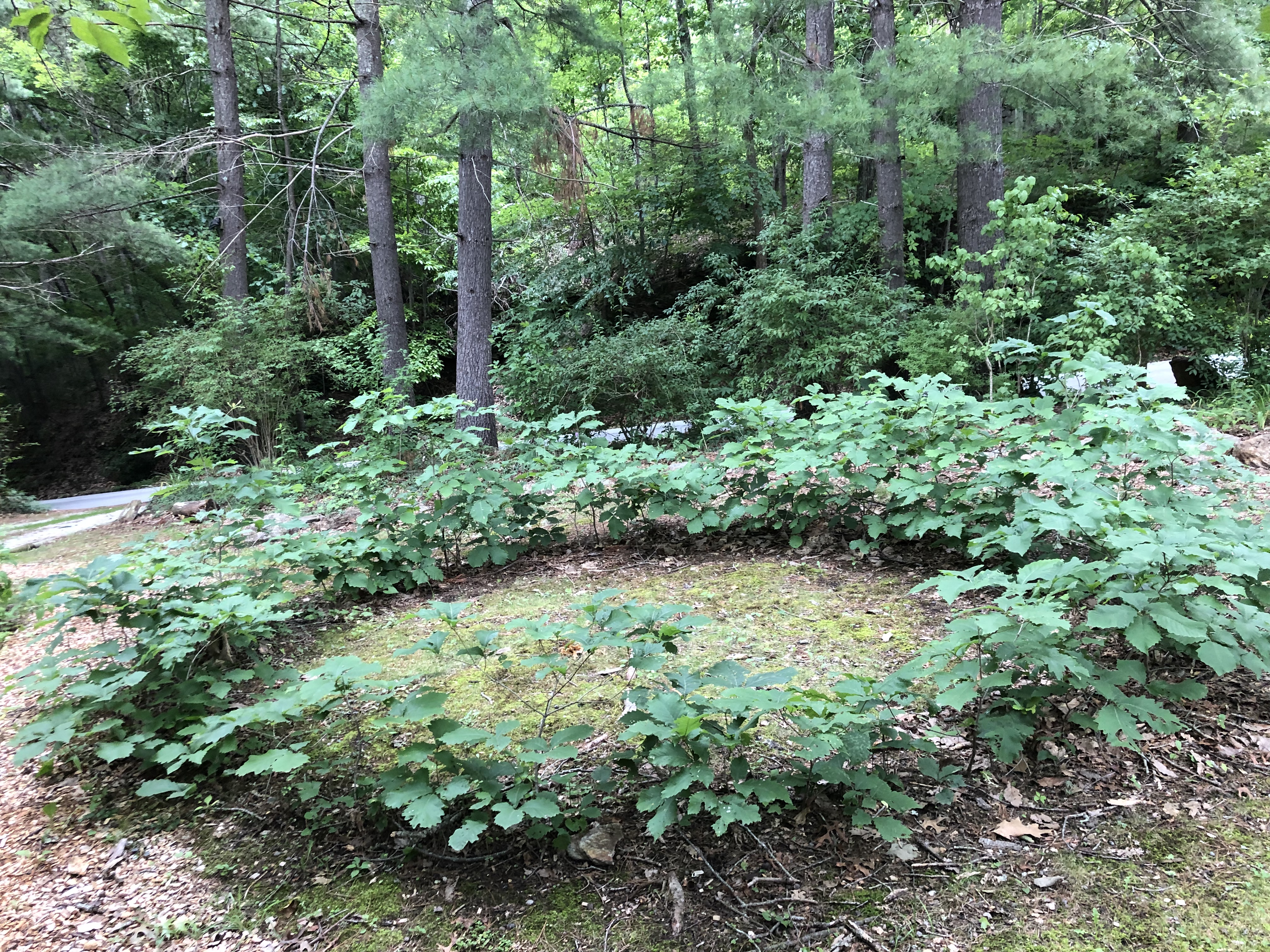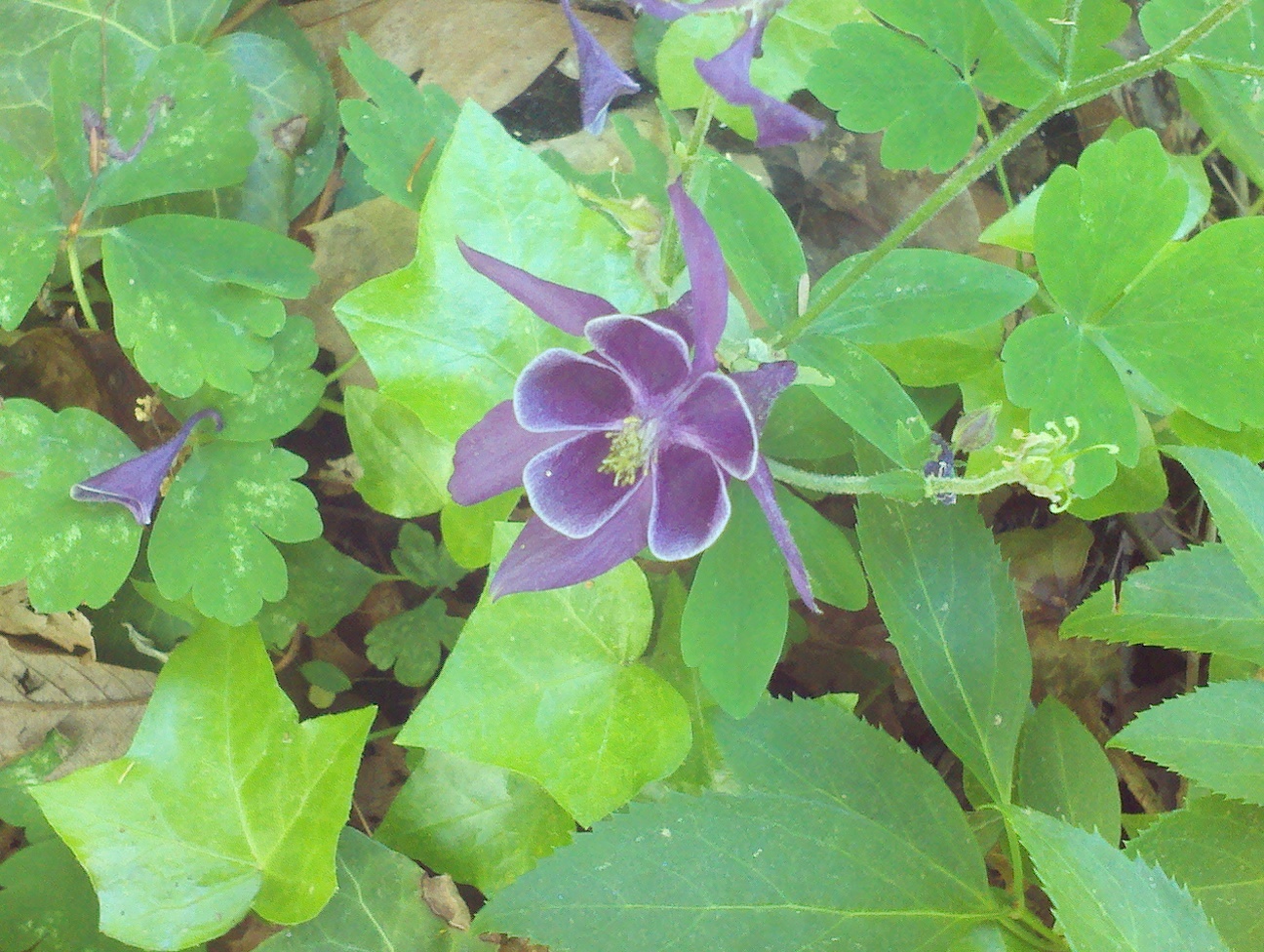TWH – Today in the northern hemisphere we honor the abundant light and in the southern hemisphere the returning light. This year the solstice occurs tonight on June 21, 2021, at 03:32 UTC, which is June 20, 2021, 11:32 pm EDT at The Wild Hunt headquarters in Miami, Florida.
The summer solstice is marked by a variety of Pagan traditions, and the TWH team is celebrating with our community. In the northern hemisphere, the Earth’s tilt faces the sun, while the far south is covered in darkness, and both are moments that are meaningful in science and spirit.
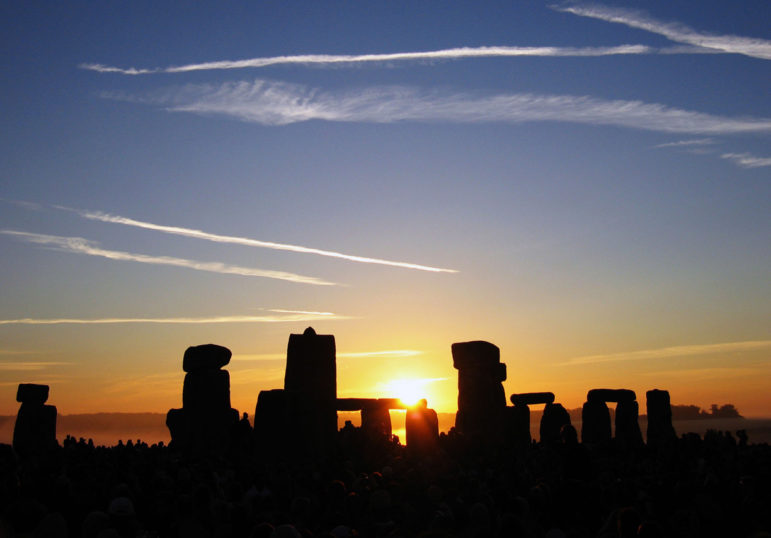
Solstice at Stonehenge [Wikimedia Commons, CC BY-SA 2.0]
In the farthest northern reaches, for the last few weeks and the next few, the daylight length is over 21 hours. Today, Prudhoe Bay, Alaska at 70 degrees North latitude and on the shores of the Arctic Ocean will see continuous daylight. Their next sunset followed by 30 minutes of night, will be on September 18, 2021.
Reykjavik, Iceland, the world’s northernmost capital of a sovereign state, is at 64°08′ North latitude will get a twilight but no night until September 2, 2021.
The south pole has seen no daylight since May 11 and will see not see twilight again until August 1st. At one of the closest southern points, in Ushuaia, Tierra del Fuego, Argentina will see only seven hours and 12 minutes of daylight.
Due to the COVID-19 outbreak, one of the most famous celebrations of the solstice, the annual gatherings at Stonehenge, has been canceled for the second year in a row. English Heritage announced,
With this week’s news that the Government is delaying the lifting of the remaining Covid-19 restrictions on 21 June and following discussions with Wiltshire Council’s Public Health team and Wiltshire Police, English Heritage has taken the extremely difficult decision to cancel the planned Summer Solstice celebrations at Stonehenge this year.
Sunset and sunrise will be live-streamed for free on English Heritage’s social media channels and will include exclusive interviews and music. English Heritage will also ensure that small, pre-booked groups from the pagan and druid community can gather on the days around the Summer Solstice to mark this important moment in their calendar.
English Heritage had to cancel both last year’s Summer and Winter Solstice celebrations due to the pandemic but prior to Monday’s Government announcement, the charity was preparing with our partners to welcome people to the prehistoric monument for this year’s Summer Solstice. In previous years numbers attending the Summer Solstice at Stonehenge have swelled through the night to anything from 7,000 to 30,000 plus people, far in excess of the 4,000 currently permitted at outdoor gatherings during the now continuing Step 3 of the roadmap.
We know that Solstice is important to many of you and we hope that you’ll join us online, for free, to watch the Solstice sunset and sunrise, and we look forward to welcoming you back in person as soon as possible.
English heritage will live stream the Stonehenge Summer Solstice: Live Sunrise Show on Facebook.
One of the earliest references to the solstice in US newspapers occurs in the Daily National Intelligencer from Washington, DC, on Wednesday, June 20, 1821,
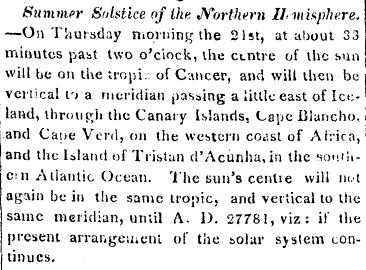
The solstices had been referenced four years earlier in a rather cryptic article about comets in the sample publication on August 28, 1817. In that article, we are informed that “the heat of boiling water is three times greater than dry earth at the summer solstice.”
National Geographic reminds us that the solstice is also deeply rooted in human culture.
The summer solstice—also called midsummer—has long been recognized and often celebrated by many cultures around the world. The ancient Egyptians, for example, built the Great Pyramids so that the sun, when viewed from the Sphinx, sets precisely between two of the pyramids on the summer solstice.
The roots of all these such celebrations were naturally pre-Christian. The early Christian church co-opted the holidays as part of liturgical festivals. Deutsche Welle wrote that “Midsummer day eventually became a holiday in the religions of the Germanic, Scandinavian, Baltic, Slav and Celtic peoples” and noted that “During the Christianization of Europe, a Christian interpretation was implanted into formerly pagan holidays and their rites and customs. This also holds true for the winter and summer solstices. During the first centuries after Christ, they were celebrated on Christ’s birthday on December 24/25, as well as on June 24/25.”
Indeed, in honor of the wealth of sunshine, many cultures have celebrated with outdoor festivals well into the “night” and building bonfires along with dancing and music as part of both traditional religious rituals and secular celebrations.
In some modern Pagan practices, it is believed that this holiday represents the highest ascendancy of masculine divinity.
Some Pagans, especially those celebrating in Celtic traditions, see the solstices as the biannual battle between the Oak King and the Holly King. The Oak King is at his zenith of power in the north while the Holly King is within his peak in the south.
Other traditions see the solstice as a turn. In the north, the power of the plentiful light is a reminder to enjoy the moment, for the light begins to wane as we turn to the dark. Similarly, for the south, the solstice is a reminder that despite the darkest night, the light remains unconquered.

Image Credit: Manny Moreno
The summer solstice is also known as Midsummer in some traditions and Litha in others.
In Sweden, Midsummer is an official holiday celebrated with co-occurring Feast of St. John in the Christian church. While previously set as June 24, the Swedish Parliament declared in 1952 that the holiday should be celebrated on the weekend. So now it occurs on the Saturday between June 20 and June 26, with celebrations beginning on Midsummer’s eve.
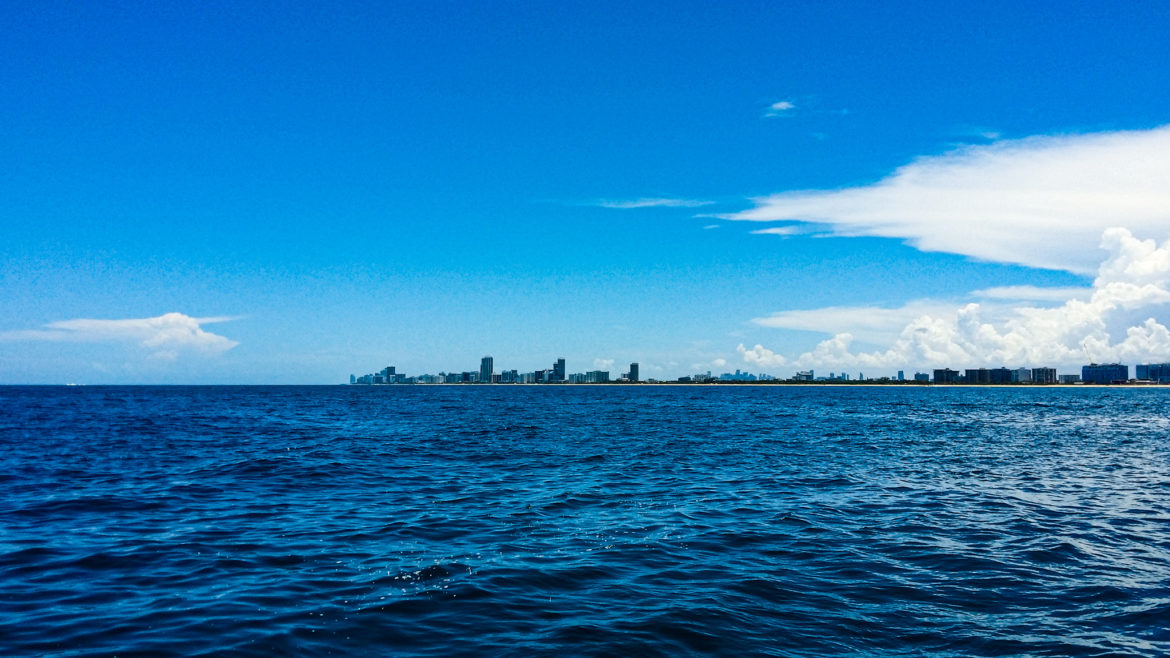
Offshore [Photo Credit: MJTM]
Manny Tejeda-Moreno, wrote about personal some summer solstice traditions in Salt, Tears or the Sea, that he experienced being in Florida and of both African and Celtic descent:
For us in Florida, though, when celebrating midsummer, there were three things you were supposed to do over the course of the day and into the night besides eat the ajiaco. The first of these was to jump over a small fire at least once. A small burning log was separated from the fires for us to jump over for the kids. The second thing was to bring herbs like basil, rosemary and oregano to wash in the surf. They were then bundled together and hung to dry at home, forming little salt crystals all over them. They were to be used during the next few days for both culinary and spiritual purposes. The third thing we were supposed to do is to stand with your back to the ocean and fall backwards into it seven times.
Our weekend editor, Eric O. Scott, shared a story about his visit to Iceland that echoes both solstices in his essay The Candle:
MIDSUMMER, I carve into the wax. If I were more clever, I would have thought to look up phrases in Icelandic for this purpose before I left for Tjörnin, but it was too late for that now. I had to settle for English words, in letters that predated either of the languages that currently make up my world, the language of my birth (the language of power, comfort, ignorance, colonialism) and the language of this land (the language of frustration, error, isolation, faith.) ICELAND, MIDSUMMER 2014 I carve, along with three other words, and I set the candle to burning, to release my spell into the night.
While our news editor, Star Bustamonte, shared this photo essay that includes a circle of tiny Oak trees in celebration of the solstice.
From all of us at The Wild Hunt, thank you again for your time reading, your encouragement, and whatever support you are able to offer: financial, magickal, and spiritual.
Solstice blessings, be it Midsummer or Yule – may the storms pass and there be much joy ahead!
The Wild Hunt is not responsible for links to external content.
To join a conversation on this post:
Visit our The Wild Hunt subreddit! Point your favorite browser to https://www.reddit.com/r/The_Wild_Hunt_News/, then click “JOIN”. Make sure to click the bell, too, to be notified of new articles posted to our subreddit.
